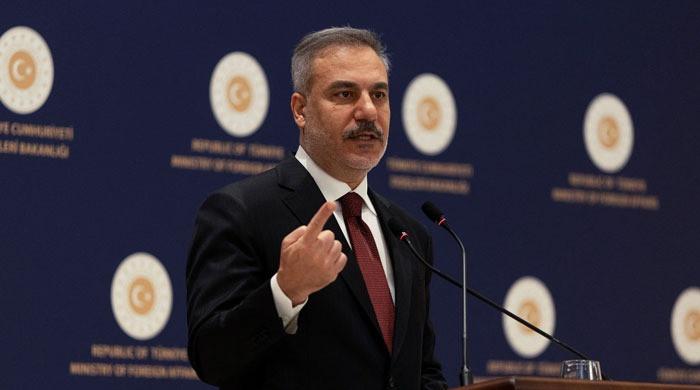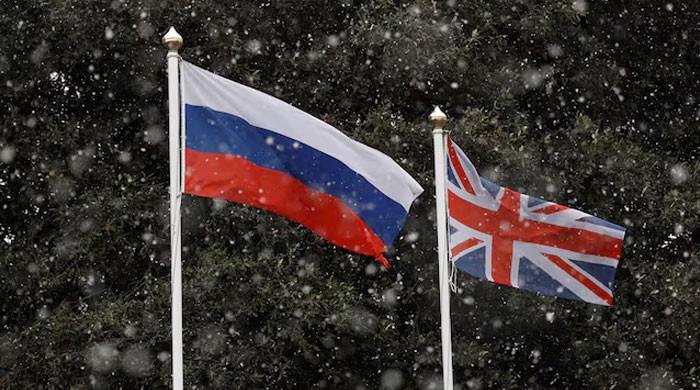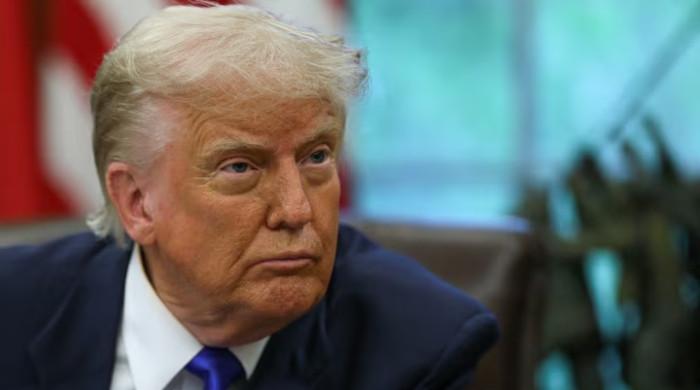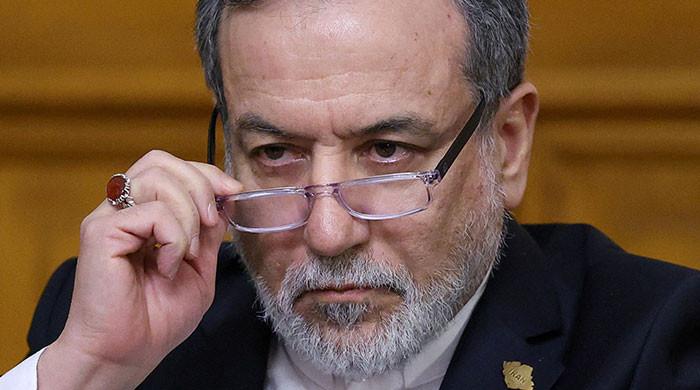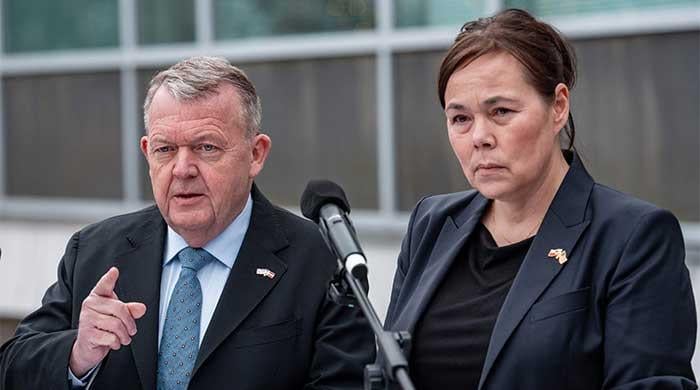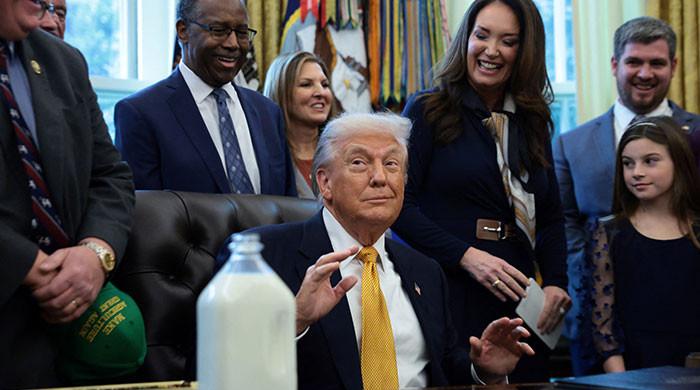Trump brokered ceasefire in call with Netanyahu while US team spoke to Iran
White House official says Israel agreed to halt in fighting so long as Iran does not launch fresh attacks
June 24, 2025
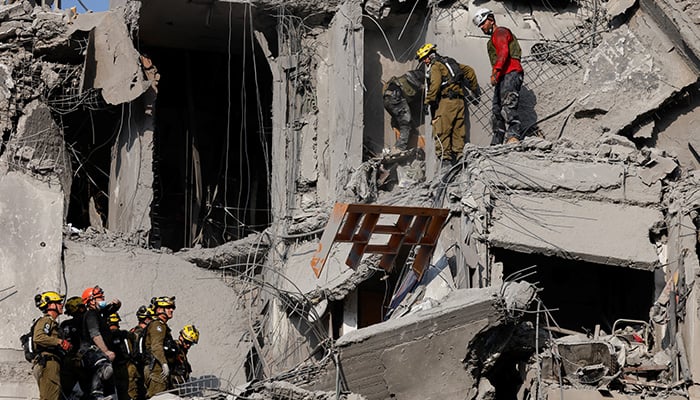
- Vance, Rubio and special envoy Witkoff involved in communications with Iran.
- Trump says "complete and total" ceasefire between Israel, Iran to go into force.
- Official says Trump called for talks with Israel and Iran soon after US strikes.
President Donald Trump brokered a ceasefire between Israel and Iran through talks with Israeli Prime Minister Benjamin Netanyahu on Monday while his team, including Vice President JD Vance, held talks with Tehran, a senior White House official said.
The official, providing details of the ceasefire on condition of anonymity, said Israel agreed to it so long as Iran does not launch fresh attacks. Iran signaled that no further attacks would take place, the official said.
Vance, Secretary of State Marco Rubio and US special envoy Steve Witkoff were involved in the direct and indirect communications with Iran, the official said.
Trump said earlier on Monday that a "complete and total" ceasefire between Israel and Iran would go into force in the coming hours, moments after both sides threatened new attacks.
Iran launched missiles against a US air base, causing no casualties, after US bombers dropped 30,000-pound bunker-busters on Iranian underground nuclear facilities over the weekend.
The official said Trump called for talks with Israel and Iran soon after the US strikes.
"He directed his team on Saturday night: 'Let's get on the phone .. with the Iranians,'" the official said. "'Get me Bibi. We're going to make peace,'" the official said, quoting Trump.
Trump's team had negotiated with Iran on five different occasions in the weeks leading up to the conflict but the talks broke down when Iran would not back away from its demand that it continue enriching uranium.
Trump announced on Thursday that he would make a decision on American use of force "within two weeks," but by Saturday afternoon he had ordered the United States to bomb the Iranian facilities.
Trump's unprecedented decision to bomb Iran’s nuclear sites early on Sunday marked a step that he had long vowed to avoid - to intervene militarily in a major foreign war.
Moving to join US ally Israel in military strikes stirred up concern within his right-leaning "Make America Great Again" political base, which has clung to his promises to avoid foreign entanglements.
A ceasefire, if it holds, may quiet that criticism and reinforce Trump's portrayal of himself as a peacemaker.
The ceasefire emerged from a day of conversations that Trump conducted in the Oval Office. The president spoke directly to Netanyahu, who has been a proponent throughout the conflict of more US military involvement.
Trump has "shown restraint" and made clear he was keeping US interests central to his goal, the official said.




